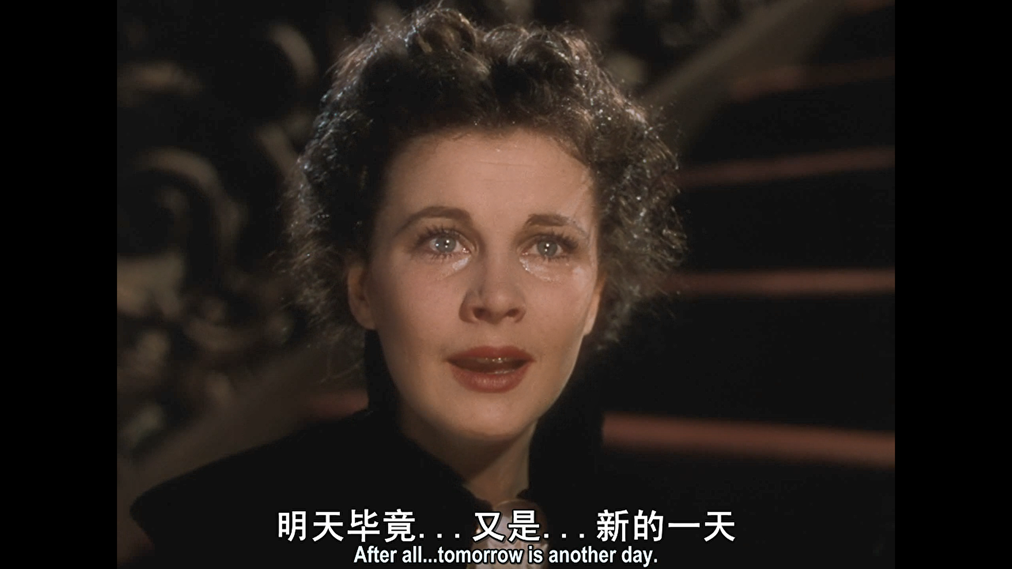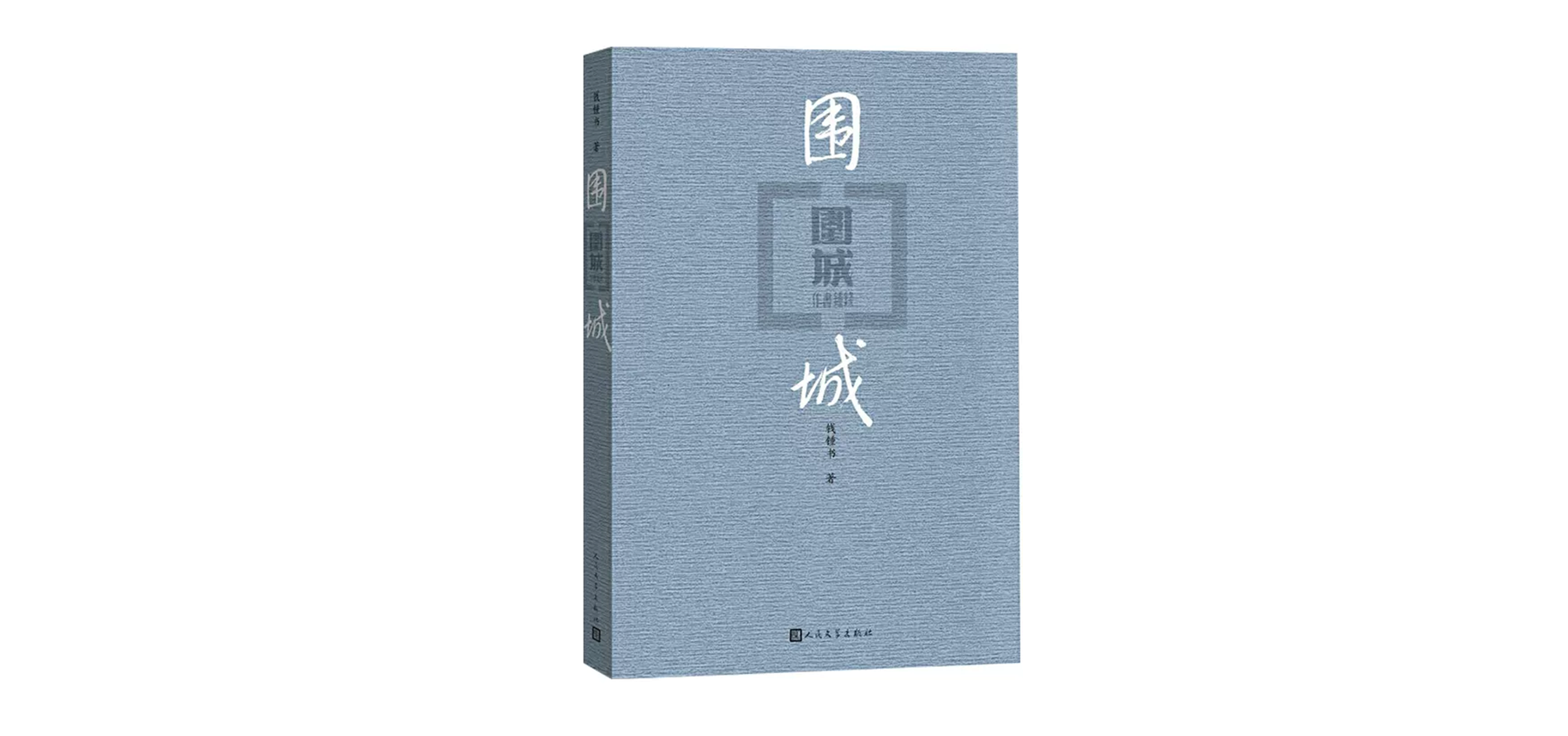MY 100-Day English -84

My class at HBS is structured to help my students understand what good management theory is and how it is built. To that backbone I attach different models or theories that help students think about the various dimensions of a general manager’s job in stimulating innovation and growth. In each session we look at one company through the lenses of those theories—using them to explain how the company got into its situation and to examine what managerial actions will yield the needed results.
On the last day of class, I ask my students to turn those theoretical lenses (镜头) on themselves, to find cogent (有说服力的,令人信服的;清晰的) answers to three questions: First, how can I be sure that I’ll be happy in my career? Second, how can I be sure that my relationships with my spouse and my family become an enduring source of happiness? Third, how can I be sure I’ll stay out of jail (监狱;监牢)? Though the last question sounds lighthearted (轻松,轻快), it’s not. Two of the 32 people in my Rhodes scholar class spent time in jail. Jeff Skilling of Enron fame was a classmate of mine at HBS. These were good guys—but something in their lives sent them off in the wrong direction.
As the students discuss the answers to these questions, I open my own life to them as a case study of sorts (各种各样的), to illustrate how they can use the theories from our course to guide their life decisions.
See you tomorrow








